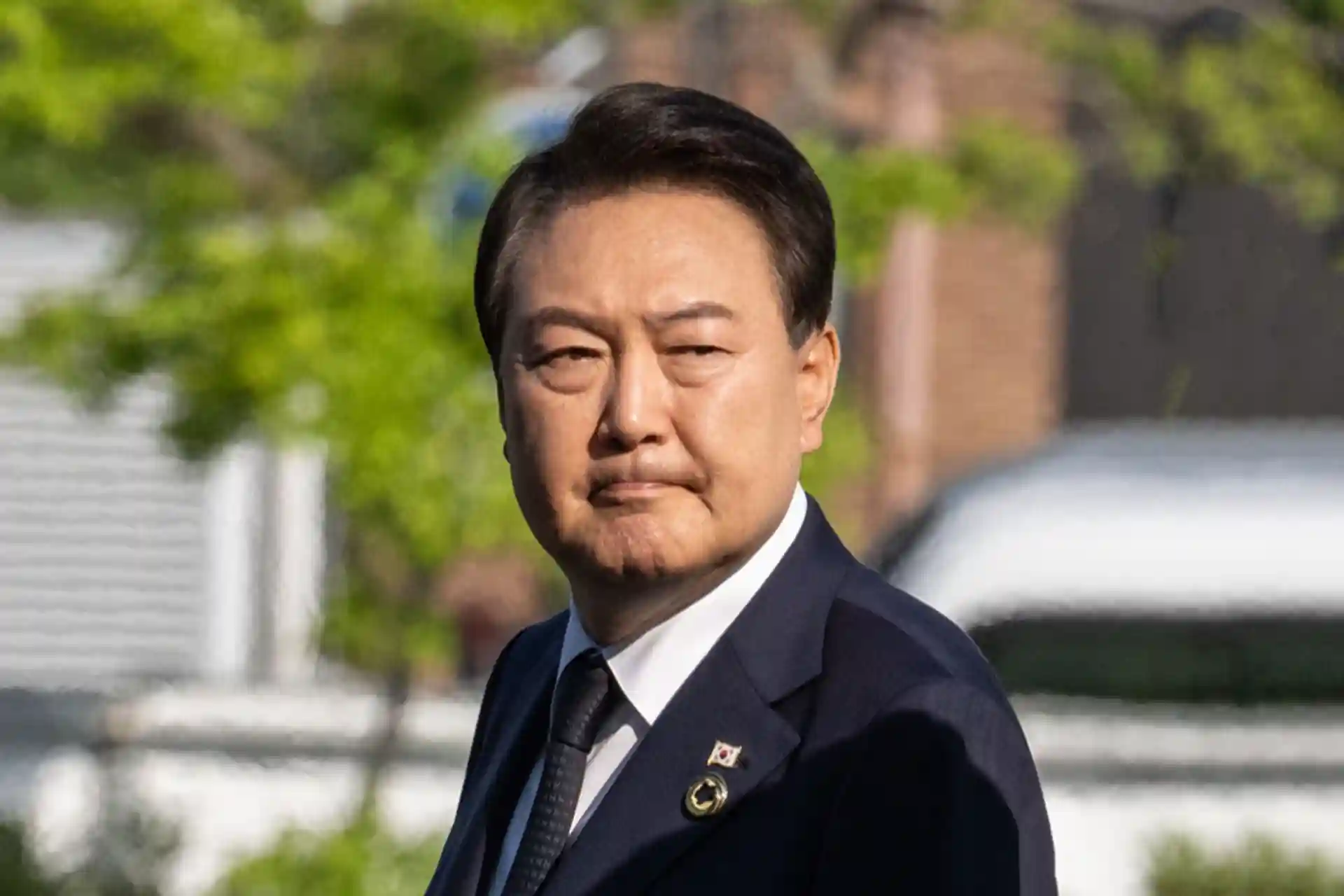10.12.2024 12:25
602
South Korean President Yoon Suk-yol has been banned from traveling abroad
The political crisis in South Korea is deepening due to the attempt to impose martial law. President Yoon Suk-yol has been banned from traveling abroad, a decision made by the country's Special Directorate for Investigation of Senior Officials.
On December 3, South Korea's parliament passed a bill calling for the arrest of President Yoon Suk-yeol and 7 other officials related to him. 190 deputies voted against the introduction of martial law in the parliament. However, these actions of the president saved him from impeachment.
During the fight against martial law, it was reported that 280 soldiers were sent to the parliament, but they could not stop the meeting of the deputies.
President Yoon Suk-yeol, former Defense Minister Kim Yong-hyun, former Interior Minister Lee Sang-min and several military officials have been implicated in the investigation.
Also, at least 5 military commanders were removed from their posts, former Defense Minister Kim was arrested.
The main opposition Democratic Party (DP) has initiated the appointment of a special counsel to investigate President Yun on treason charges. The bill will be voted on in the parliament on December 12.
According to the DP's additional complaint, Yoon and former minister Kim harmed the state's interests in the "North Korean garbage balls" situation.
During the political crisis, North Korea launched garbage balloons and activated propaganda loudspeakers on the South Korean border. In addition, North Korea claimed that it had shot down a drone, which it described as a provocation by South Korea.
The Democratic Party criticized the South Korean government, evaluating these actions as "total treason".
This political crisis in South Korea has a serious impact on the internal stability of the country. The accusations against President Yun and the attempt to impose martial law created acute problems in domestic and foreign politics. The results of the investigation will be crucial for the country's political future.

